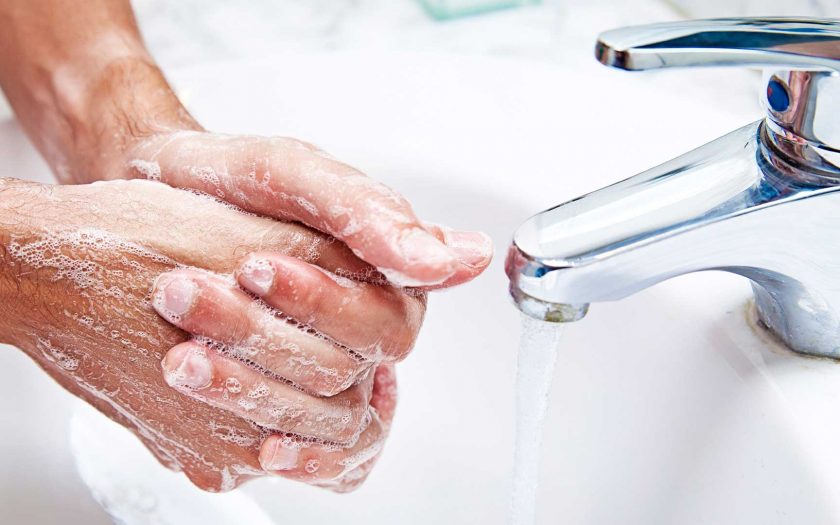Wash regularly.
It is recommended to wash at least once a day, and better – after each visit to the toilet. Remember that for intimate hygiene you need a separate towel, and it needs to be changed often.
Use plain water when bathing.
Water perfectly washes away liquid secretions, mucus particles and dust. Thus, in most cases, to wash the external genitalia, you can do without soap or gel. Excessive application of the gel destroys the protective hydrolipid layer of the skin. It was recommended to wash the perianal area with soap, but the genitals can be washed with plain water.
When you take a shower, follow the rules.
The movement of the hand when washing the genitals should always be directed from front to back. Vaginal flora is safe for the intestines, but intestinal flora for the vagina – no. Therefore, you should try not to transfer bacteria to the genitals.
Use care products without fanaticism.
You do not need to use antiseptics or antibacterial soap regularly. Non-alcoholic antiseptic can be used to treat skin after epilation or other damage. In the usual daily care, intimate hygiene should not be excessive. The human body secretes many secretions, including those with a certain odor, but this does not mean that it is not clean enough.
Avoid excessive use of soap.
Remember, the more often you use soap, the higher the risk of dry skin and mucous membranes and microbial imbalance. All of these factors can lead to the activation and overgrowth of bacteria. Also, secretions from the genital tract may increase or an unpleasant odor may appear.
If you are diagnosed with thrush or gardnerellosis, do not panic. It is worth thinking about what factors can provoke such pathologies (one of the possible is too aggressive hygiene).
Use special products for intimate hygiene.
There are special products for intimate hygiene. First, they are often with moisturizing ingredients and without unnecessary flavors. Secondly, the acidity (pH value) of such products is at the level that is best suited for the intimate area. When choosing such a product, you should consult a gynecologist. Gels with high acidity help in the treatment and prevention of thrush.
Do not use panty liners daily.
Panty liners protect underwear, but do not improve genital hygiene. They absorb too much secretion from the small glands located in the vagina. The glands begin to work hard, which leads to exacerbation of bacterial and fungal infections. In addition, panty liners, especially flavored, can cause irritation and itching.
Choose the right underwear.
Choose cotton underwear instead of synthetics, as dense polyester underwear can seriously damage your health. The heat under them is not dissipated properly; the skin sweats, bacteria and fungi multiply rapidly.

